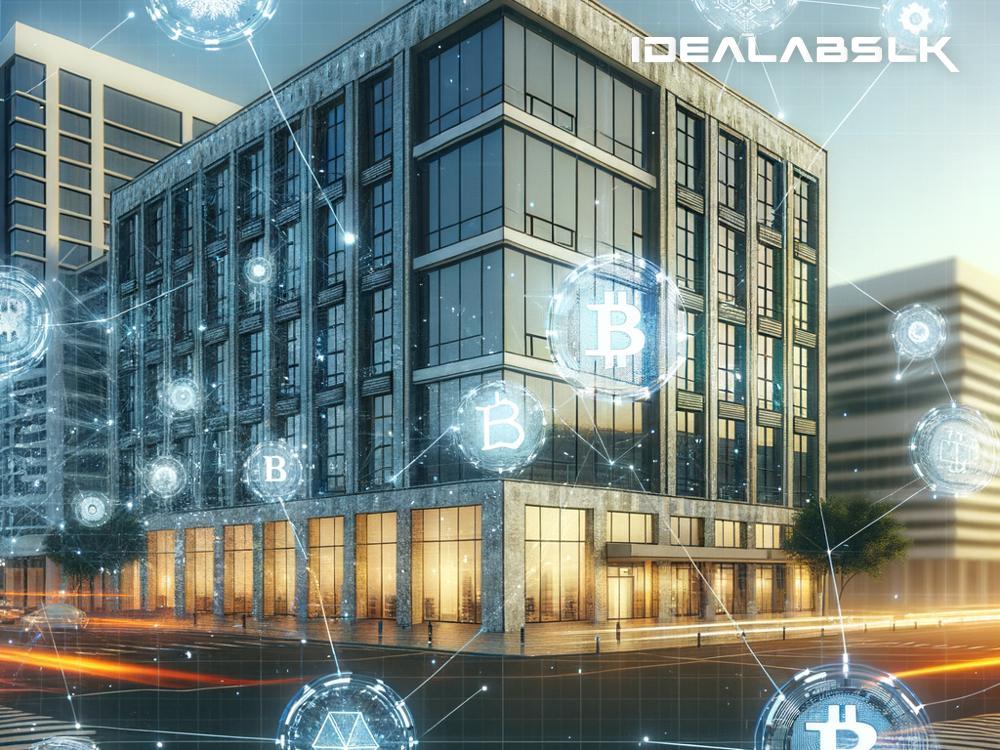Unveiling the Power of Blockchain in Commercial Property Asset Management
The evolving landscape of technology continuously reshapes how various industries operate, making processes more efficient, transparent, and secure. One revolutionary technology that's been at the forefront of such transformation across numerous fields is blockchain. Originating from the buzz of cryptocurrencies, blockchain has swiftly transcended its initial fame, revealing its potential far beyond just digital currencies. Among its promising applications is in the realm of commercial property asset management, a field ripe for innovation. But what is blockchain, and how exactly is it making waves in the management of commercial properties? Let's delve into this in simple English.
At its core, blockchain is a digital ledger technology. Imagine it as a type of diary that automatically records every transaction or agreement, but unlike a diary, this one is virtually impossible to tamper with or erase entries from. This characteristic makes blockchain incredibly attractive for applications requiring a high level of trust and transparency, such as in the commercial property sector.
Streamlining Transactions
Buying, selling, or leasing commercial properties involves numerous steps and participants, from agents and buyers to solicitors and financiers. Traditionally, this process is paperwork-heavy and time-consuming, often taking weeks or even months to finalize. Blockchain, however, can condense this timeline significantly.
By using blockchain, all the necessary data for a property transaction, including title deeds, financing details, and lease agreements, can be stored securely on the blockchain. This not only speeds up the process but also reduces the potential for errors and fraud, making transactions smoother and more reliable.
Enhancing Transparency and Trust
One of blockchain's standout features is its transparent nature. All transactions on a blockchain are visible to its participants, ensuring a high level of transparency. In commercial property asset management, this could revolutionize how transactions are viewed.
Owners, investors, and tenants could have access to a property's full history, from construction details to maintenance records and lease histories. This transparency helps build trust among all parties involved, as everyone has the same information and can verify its accuracy independently.
Improving Property and Lease Management
Managing a commercial property involves juggling numerous pieces of information, including lease agreements, tenant details, maintenance schedules, and financial transactions. Blockchain can centralize this information, making it easier to manage and access.
Smart contracts, a blockchain feature, could automatically execute lease agreements, trigger maintenance orders, and process payments without human intervention, reducing the likelihood of missed deadlines or payments. This automation not only streamlines operations but also minimizes the potential for disputes.
Facilitating Better Financing and Investments
Securing financing for purchasing or developing commercial properties can be a cumbersome and risk-laden process. Blockchain technology can alleviate some of these issues by providing more accurate and verifiable data on properties.
Moreover, blockchain could open up new investment avenues. Through tokenization, where a property's value is represented by digital tokens on the blockchain, it becomes possible to offer fractional ownership. This could lower investment barriers, allowing smaller investors to participate in the commercial real estate market, leading to a more vibrant and diversified investment landscape.
Overcoming Challenges
While the benefits of blockchain in commercial property asset management are clear, there are hurdles to overcome. Regulatory challenges, the need for widespread adoption, and the technological learning curve represent significant barriers. However, the tide is gradually turning, with more property professionals recognizing blockchain's potential and working towards integrating it into their operations.
Looking Ahead
The journey of blockchain in commercial property asset management is just beginning. As the technology matures and more stakeholders embrace it, we can anticipate a future where transactions are faster, more transparent, and accessible. This evolution promises not only to enhance efficiency and trust in the commercial property sector but also to unlock new opportunities for innovation and investment.
In conclusion, blockchain stands to revolutionize commercial property asset management in many remarkable ways. As we navigate this digital transformation, the potential for improved transparency, efficiency, and inclusivity in the market is immense. With ongoing advancements and increasing adoption, the impact of blockchain on the industry is poised to be significant, marking a significant shift toward a more connected, secure, and transparent commercial real estate landscape.

